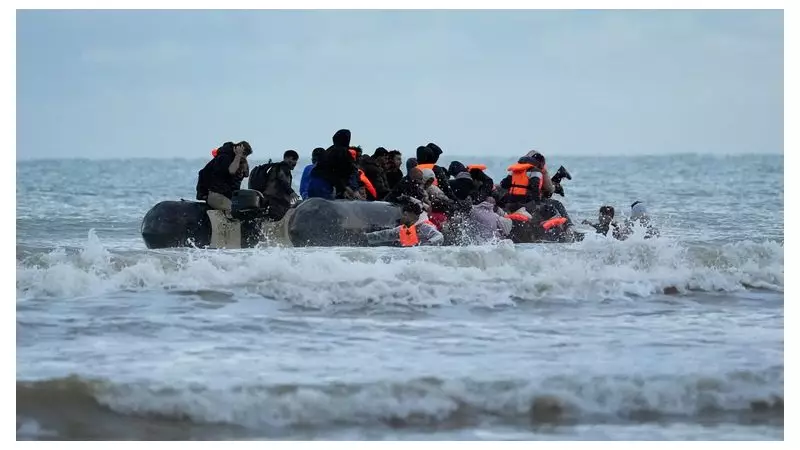
In a significant move to tackle illegal immigration, the British government has forged a new returns agreement with Vietnam that will see migrants from the Southeast Asian nation sent back more efficiently.
The landmark deal, signed by Immigration Minister Tom Pursglove and Vietnam's Minister of Public Security To Lam, establishes a streamlined process for verifying and returning Vietnamese nationals who have entered the UK illegally.
Addressing Small Boat Crossings
The agreement comes as Vietnamese migrants represent a growing proportion of individuals making the perilous journey across the English Channel in small boats. Home Office data reveals that Vietnamese nationals now rank among the top ten nationalities attempting this dangerous crossing.
"This new returns agreement marks a crucial step forward in our ongoing efforts to combat illegal migration," stated Minister Pursglove. "By strengthening our cooperation with Vietnam, we're sending a clear message that those who come to Britain illegally will not be permitted to remain."
Strengthening Bilateral Relations
Beyond immigration control, the agreement signifies deepening ties between the UK and Vietnam. Both nations have committed to enhanced cooperation across multiple fronts, including:
- Joint efforts to combat people smuggling networks
- Improved information sharing between law enforcement agencies
- Collaboration on modern slavery prevention
- Strengthened economic and trade partnerships
The deal builds upon existing cooperation between the two countries and represents the UK government's continued strategy to form similar returns agreements with nations worldwide.
Impact on Migration Patterns
Home Office officials anticipate the agreement will serve as a significant deterrent to those considering illegal migration from Vietnam. The streamlined verification process is expected to reduce the time individuals spend in immigration detention while their cases are processed.
This development forms part of the government's broader strategy to control Britain's borders and reduce pressure on the UK's asylum system, which has faced considerable strain in recent years.





